UPDATE 2021 – Belgian Café Culture is getting a 5 year anniversary edition with a new cover! I am so very pleased! Publication date in early November!
A week after the launch of Pride And Pudding, exactly one year ago, I started working on a new book, a passion project…
This book ‘Belgian Café Culture / Authentieke Belgische Cafés (in English and Dutch) is a plea to carefully handle the fragile café heritage of Belgium. For too long have we taken these little cafés for granted. Not enough have we stopped to think about their history and their relevance in our culture. They are part of our social and cultural patrimony in Belgium. When I walk the streets, everywhere I look I see forgotten and lost cafés.
When I read in the papers that a much-loved café was going to close down I went to visit it, to talk to the people there who were about to lose their local. I was probably one of the last to document it. Nothing could be done; the owners of the building wanted to renovate the café and there is wind of a more hipster implementation. For this reason alone a lot of authentic cafés have had to go.
But the need for modernisation is not the only reason why so many old Belgian cafés disappear. The ones that have been in the family for generations often disappear because there are no children who want to take over, or because no-one dares to take over an old-fashioned café. The cafés that have been closing in the last 5 years mostly become residential dwellings. All that remains are the memories of those who used to drink there.
A café can be the centre of a community, where people laugh and cry together over a glass of ale. Where disagreements are settled with words and sometimes with the fist. But where people often help those who are in need. Listen to those who would otherwise only have silence as a reply. Births and weddings are celebrated, but so are the dead.
Clubs meet at cafés and in the past they also doubled as village or theatre halls. Cafés often had a small shop, a smithy, a hairdresser or a butcher’s shop. This was very common before the 1980s. Today there’s only one café shop left and you can count the café hairdressers on one hand.
In the larger cities the cafés were also where people waited to be given work from the factories or the docks. It was also where they were paid at night. A café landlady from Antwerp remembers the drama well when men spent their entire wages on beer and went home without a dime. There was a café on every street corner in those days…
This book is dedicated to the landlords and ladies who have been running these cafés for generations or have been preserving the original interiors purely out of understanding of their importance. This book is not about me, it is about them and their livelihoods. Our Belgian Café.
Belgian Café Culture or Authentieke Belgische Cafés is a bilingual edition English/Dutch. Published by LUSTER, 272 pages and hardback finish.
Written, photographed and designed by your truly. The cover is by my husband Bruno Vergauwen.
If you’d like a signed copy (25 euro plus shipping), or a signed copy with a signed photo print (50 euro plus shipping), please get in contact. There is a Dutch and an English cover.
Alternatively you can also contact the publisher directly or go to your local bookstore (in Belgium) or order online at the usual places (Amazon, or Waterstones to name two)
I will be sharing the limited edition version soon, this will contain a signed book, signed photoprint, and a ‘Zageman’ a kinetic toy used in Belgian Cafés in the past (why you’ll read in the book where I explain the folkloristic customs). This edition will be limited to 10 only, and will be available for 99 euro plus shipping, or 150 euro for a painted ‘Zageman’ kinetic toy. More info and pictures soon, we’re making the ‘Zageman’ as we speak. (See the video here for a preview >)
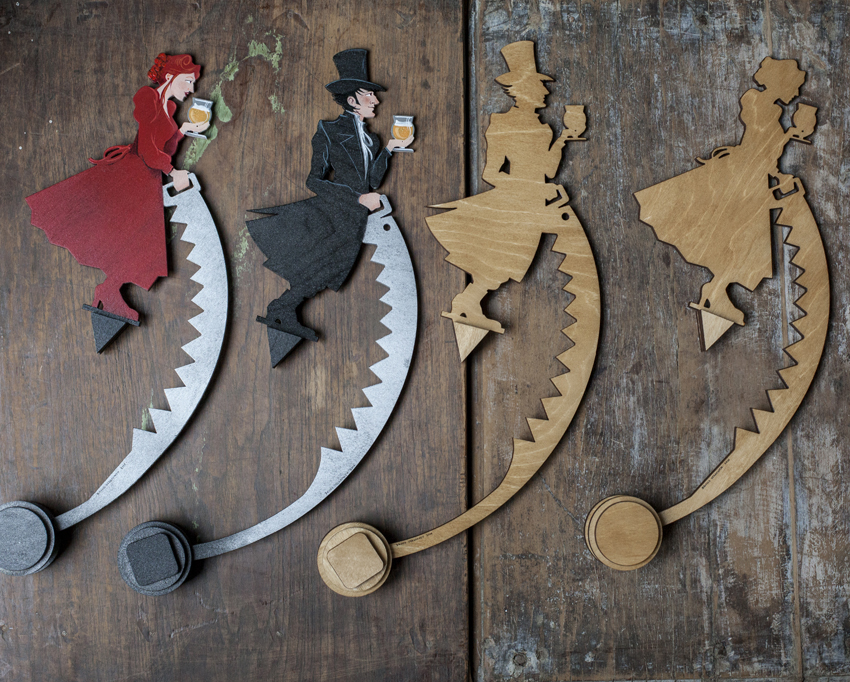
My husband created these amazing kinetic toys which were traditionally used in Belgian cafés! Available for sale, just a few of them 🙂
For press get in touch by emailing me.
Because I want to share this book as much as I can to tell people about this fading heritage, I’m giving away 2 copies of the book. I’ll pick from the comments below, just tell me why you think this is important to be documented, or tell me about fading heritage in your country or region. Or another story! Post! Let’s get this conversation going!!
Update: The winners are Gabriela Athayde and Rossella Di Bidino. Please get in touch with your address! (see my email on the contact page!)
Some Reviews
In Dutch:
English
French

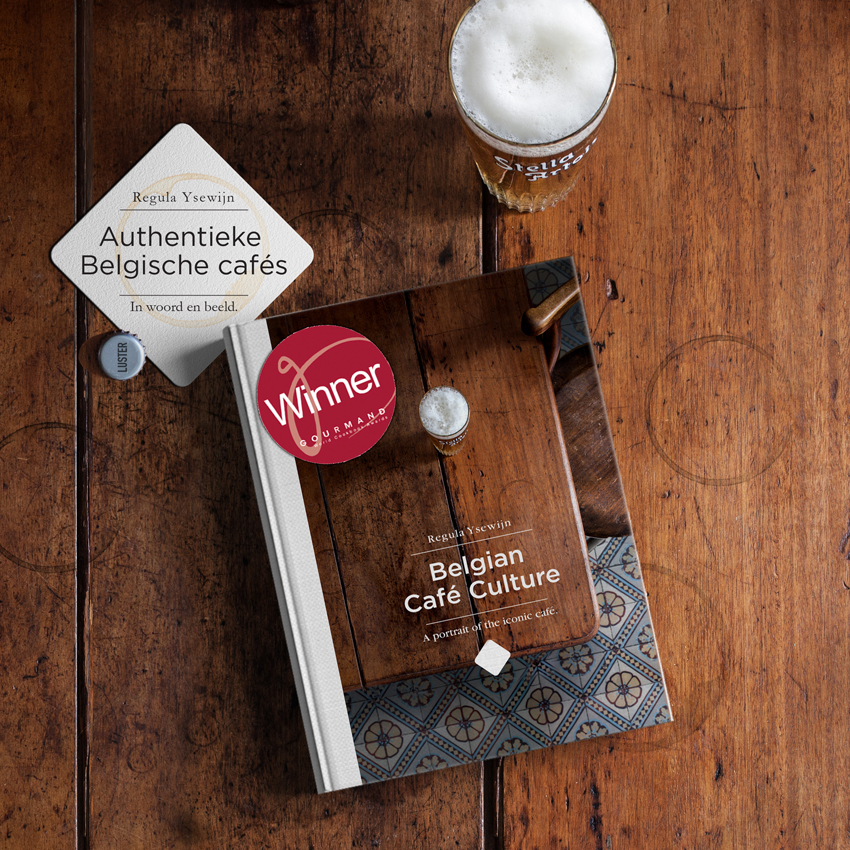
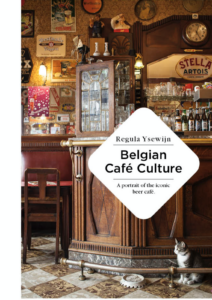
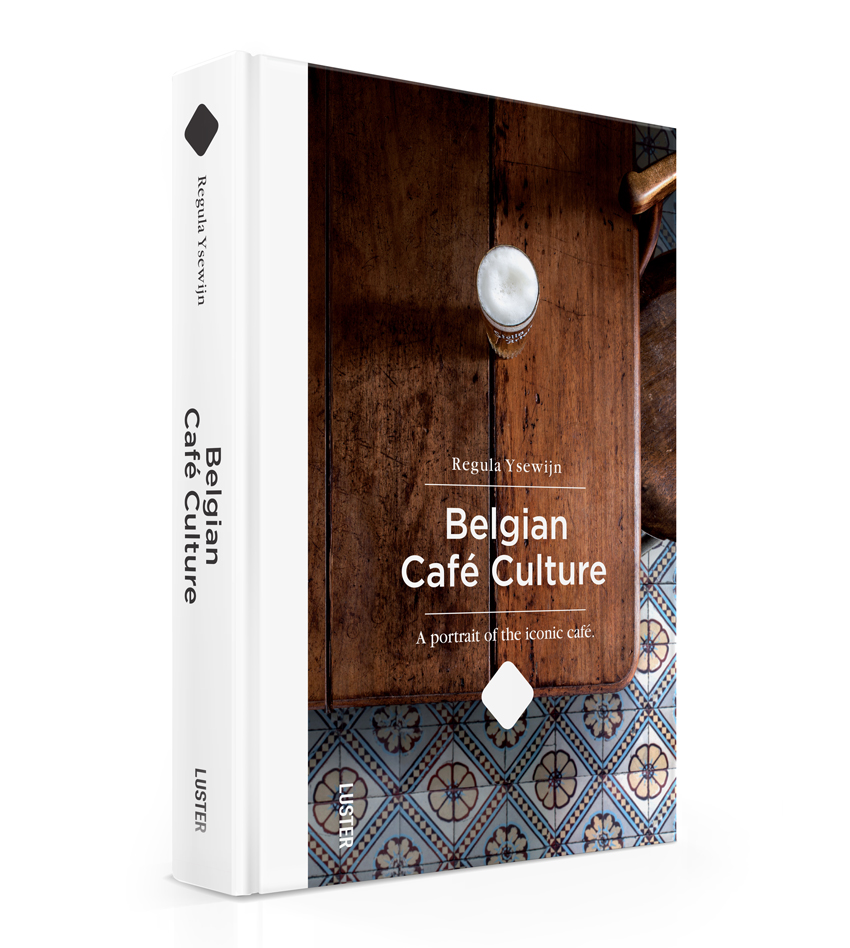
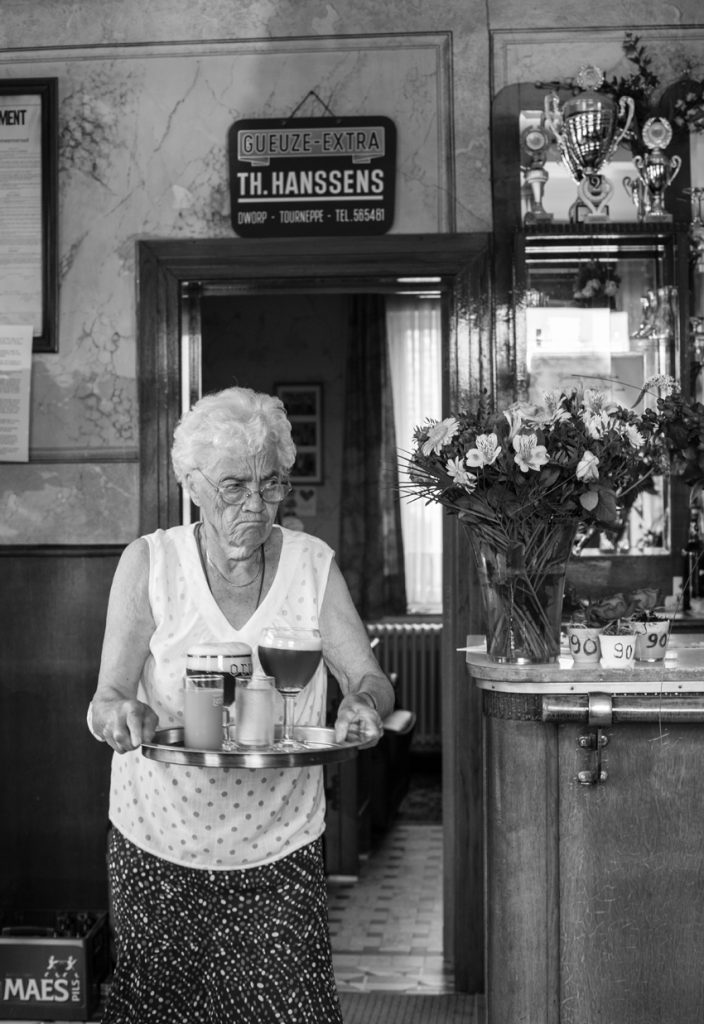
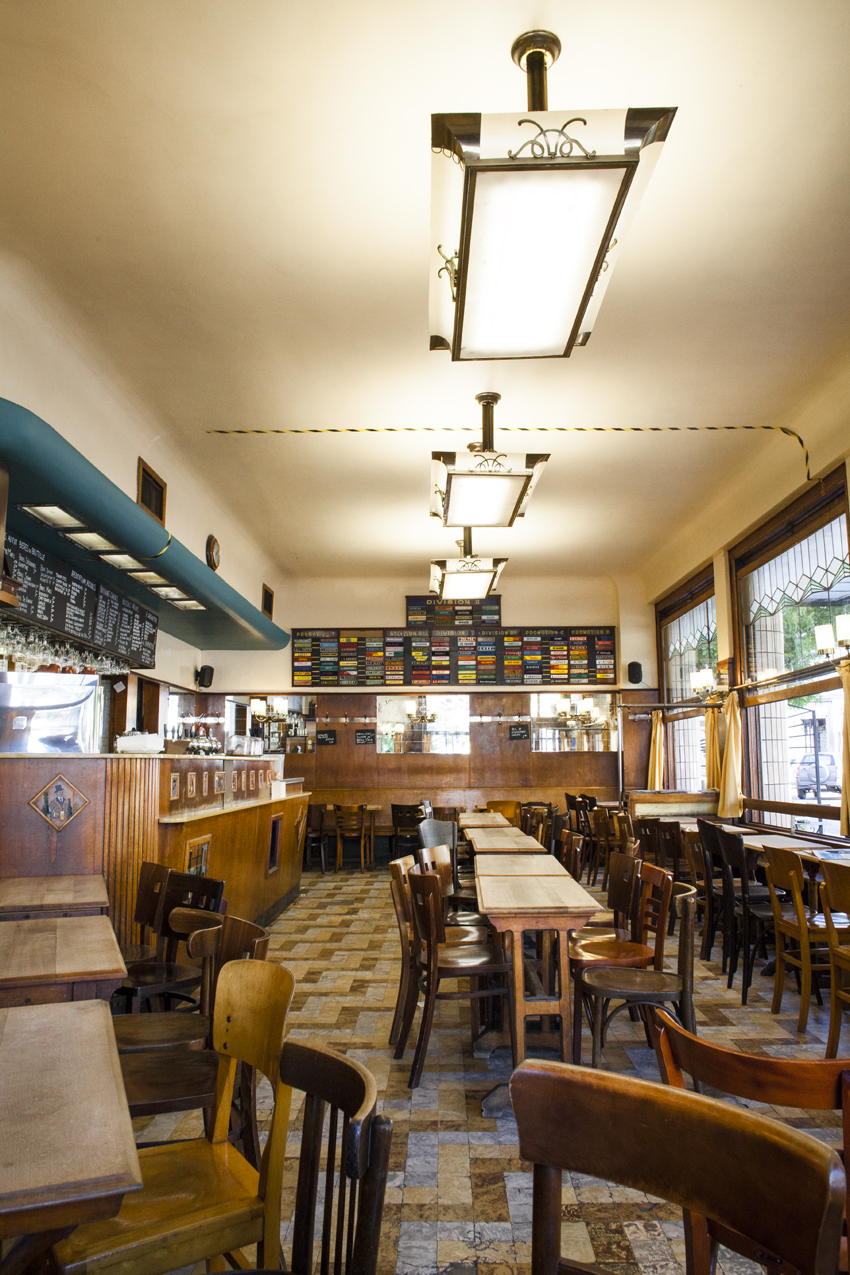
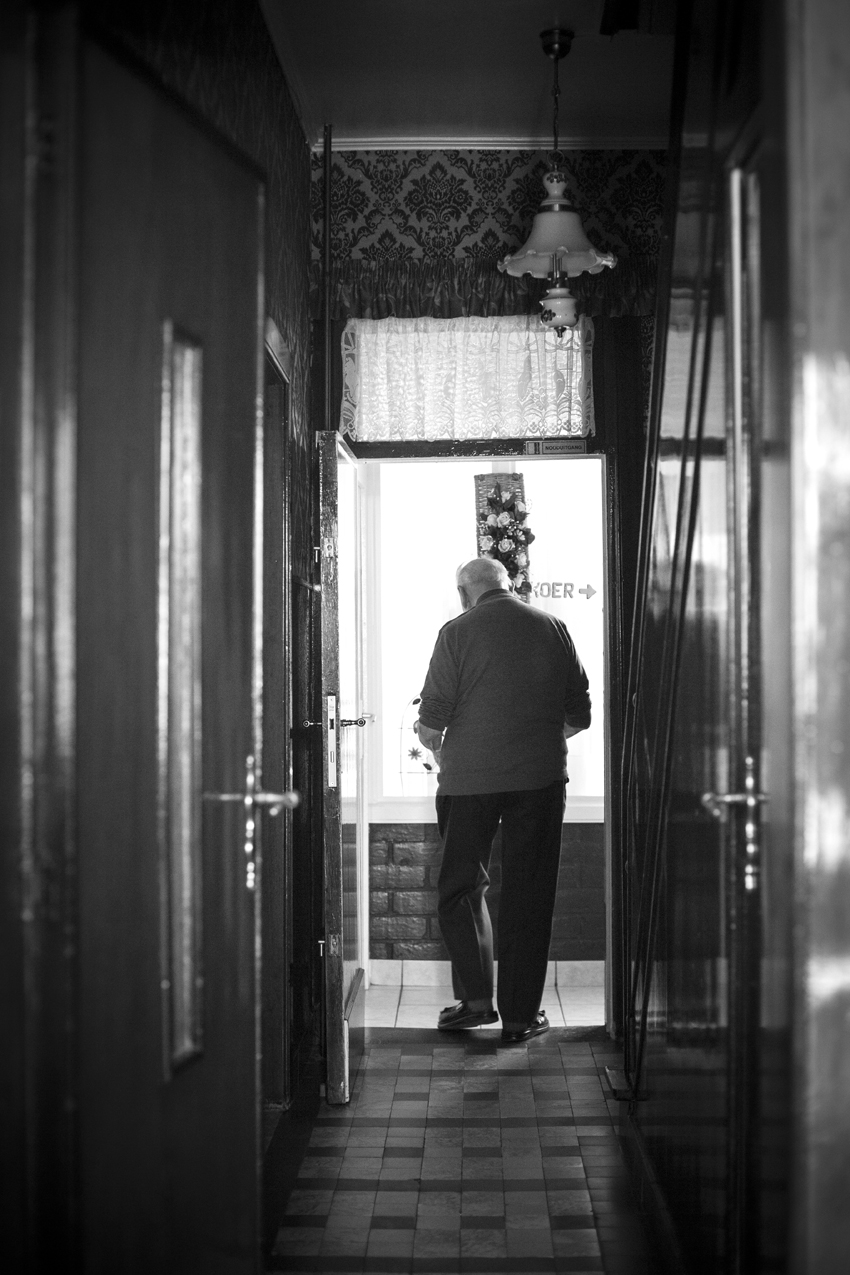
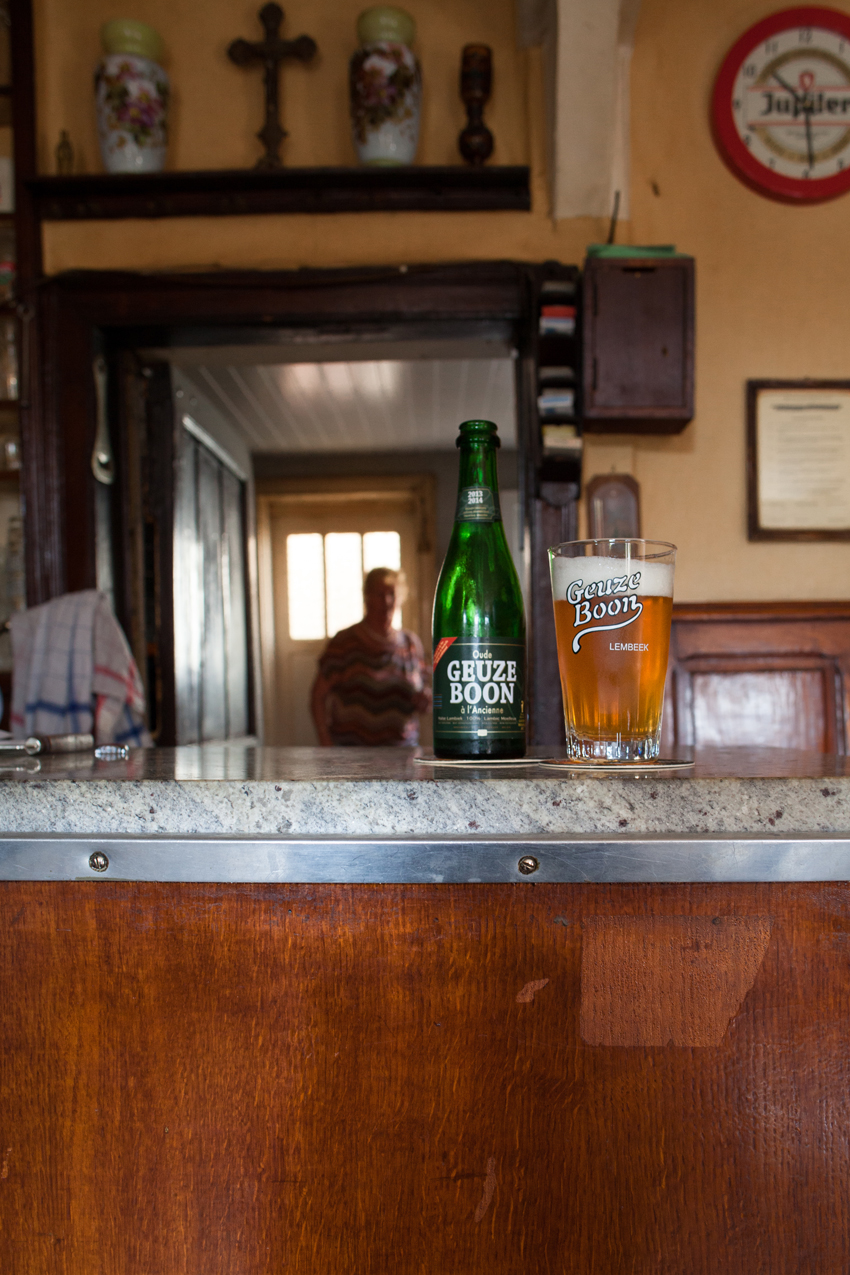
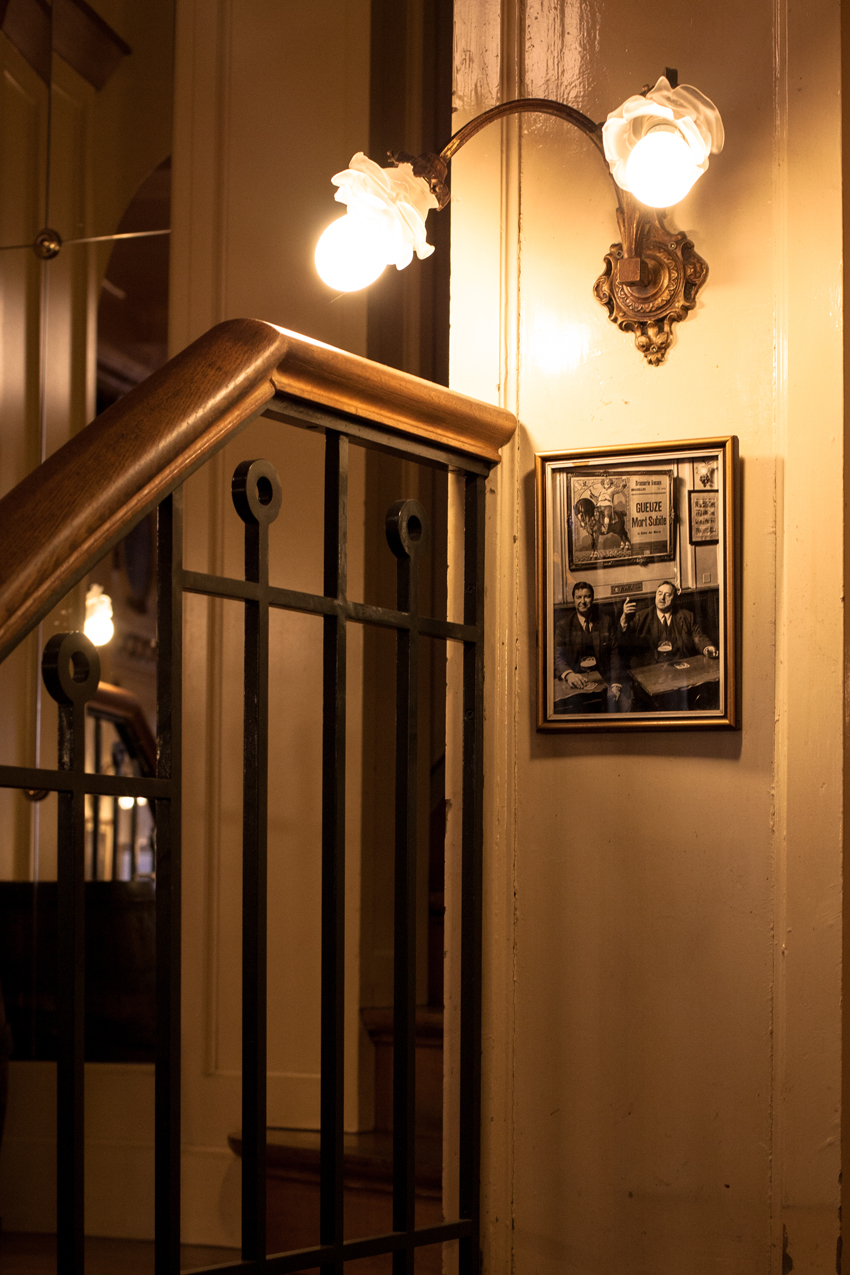
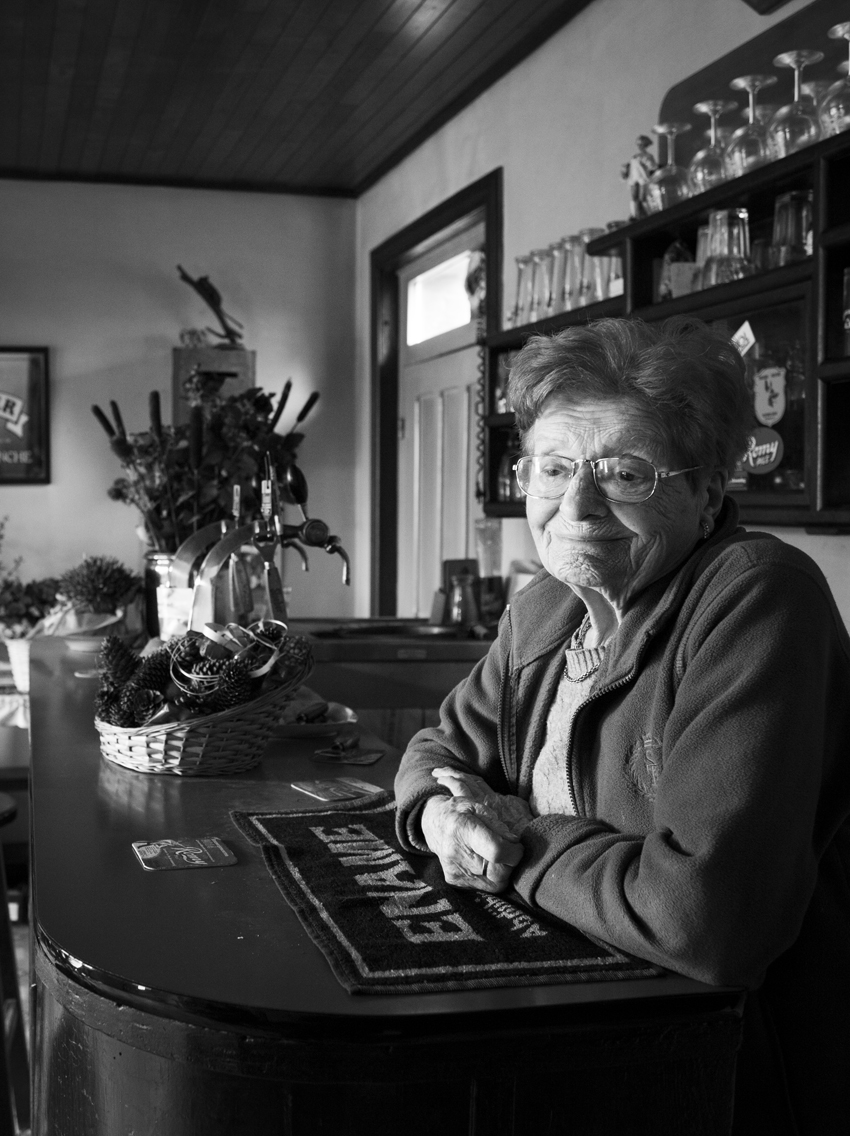
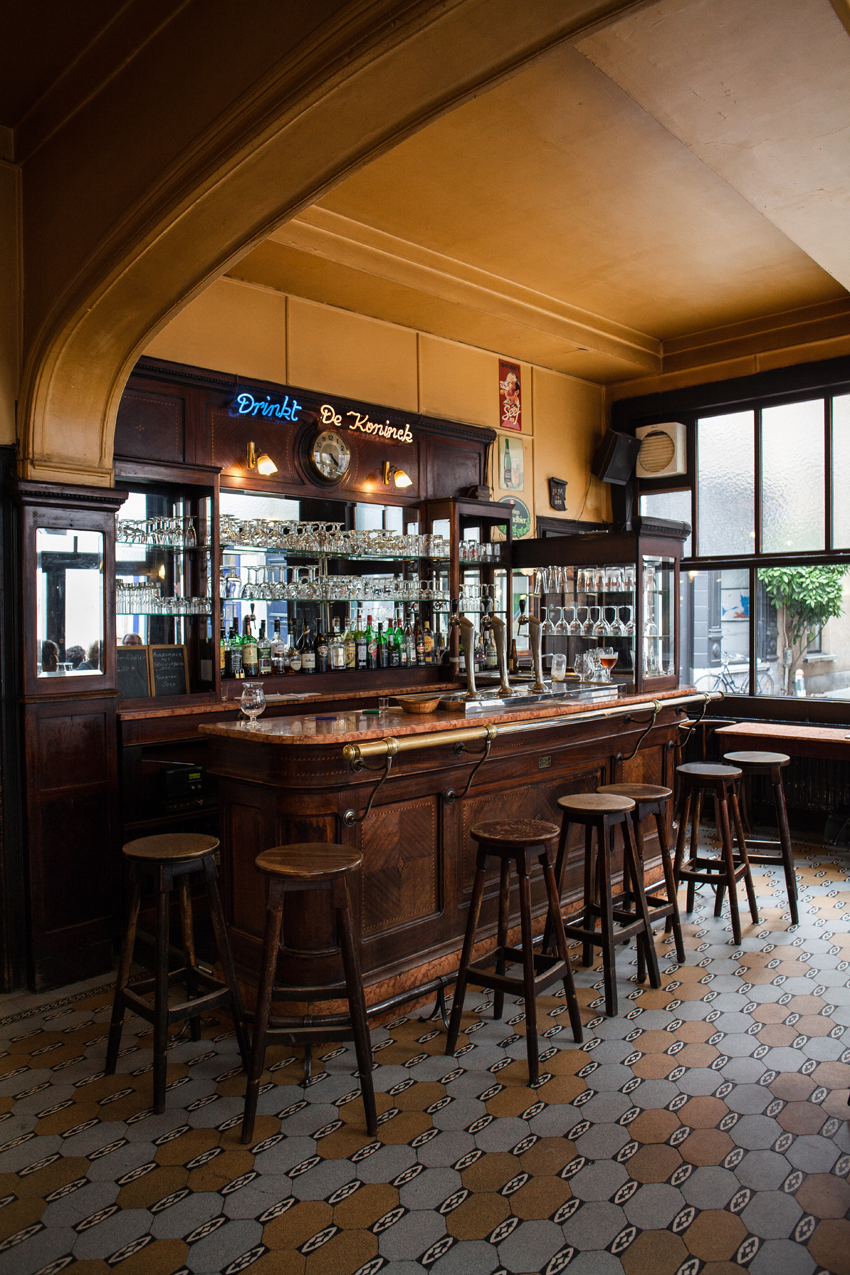
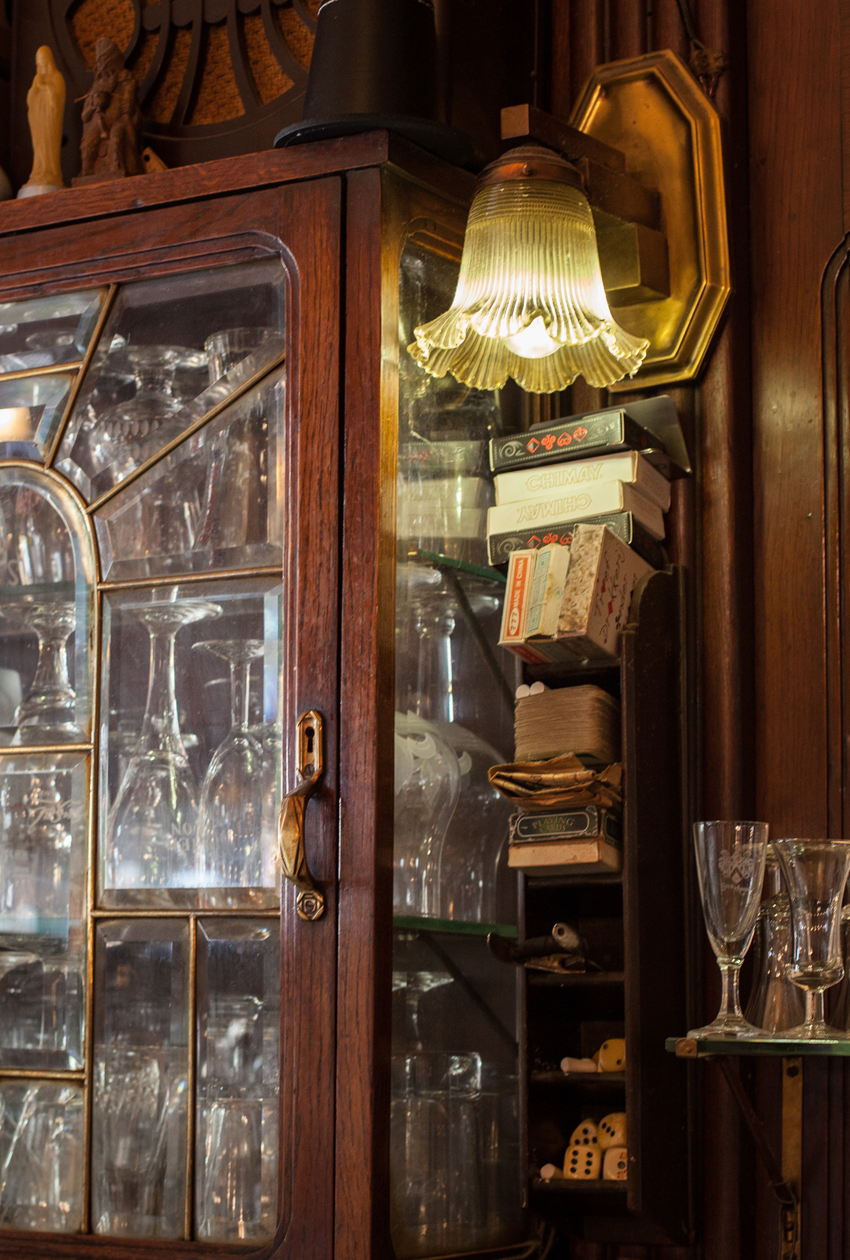
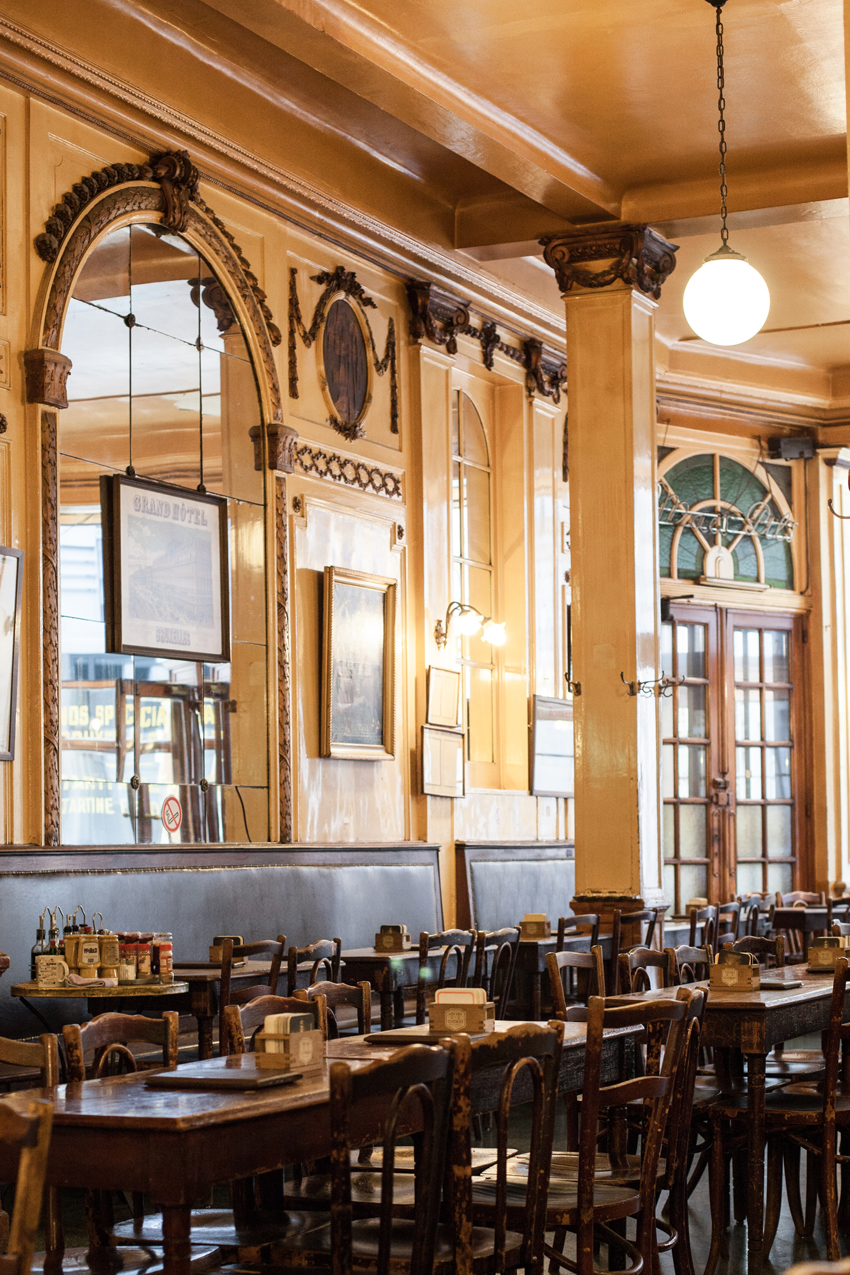
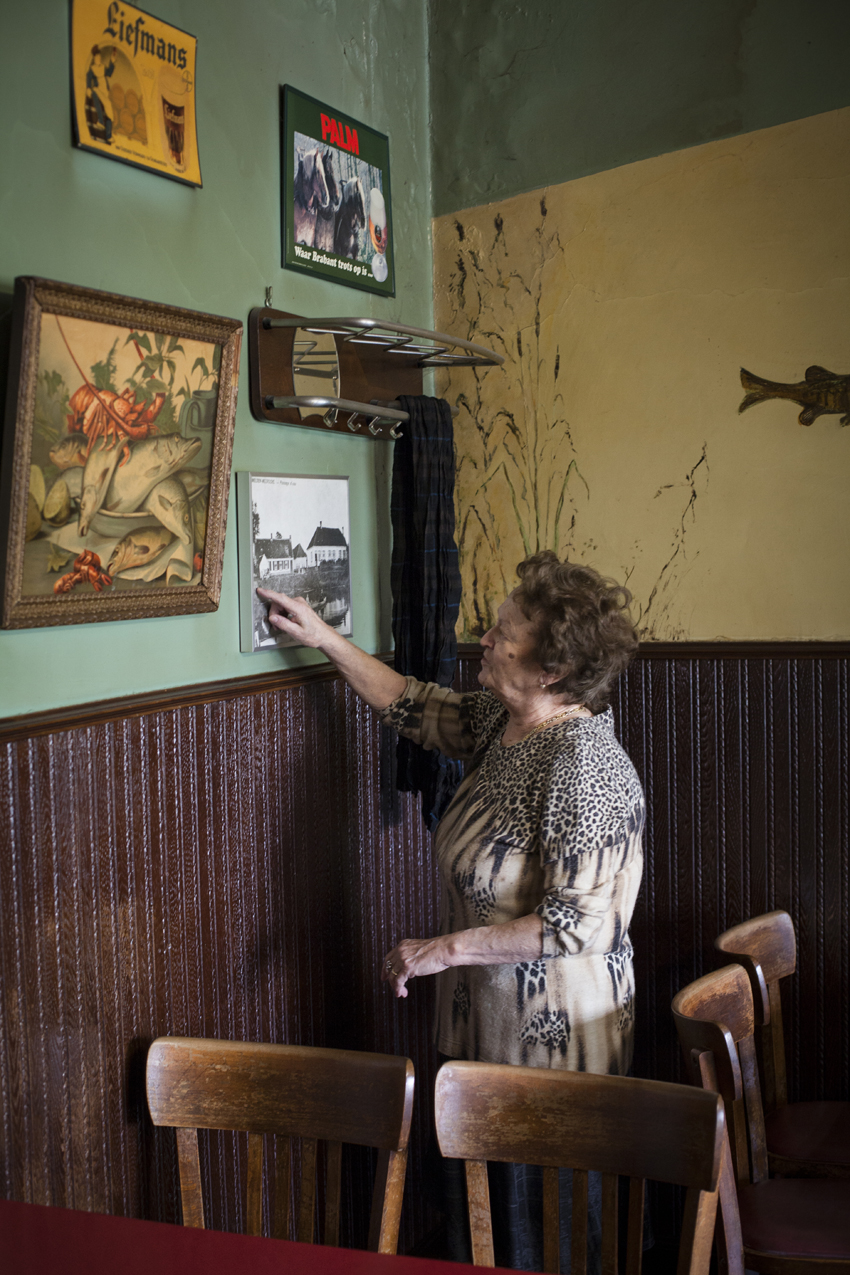
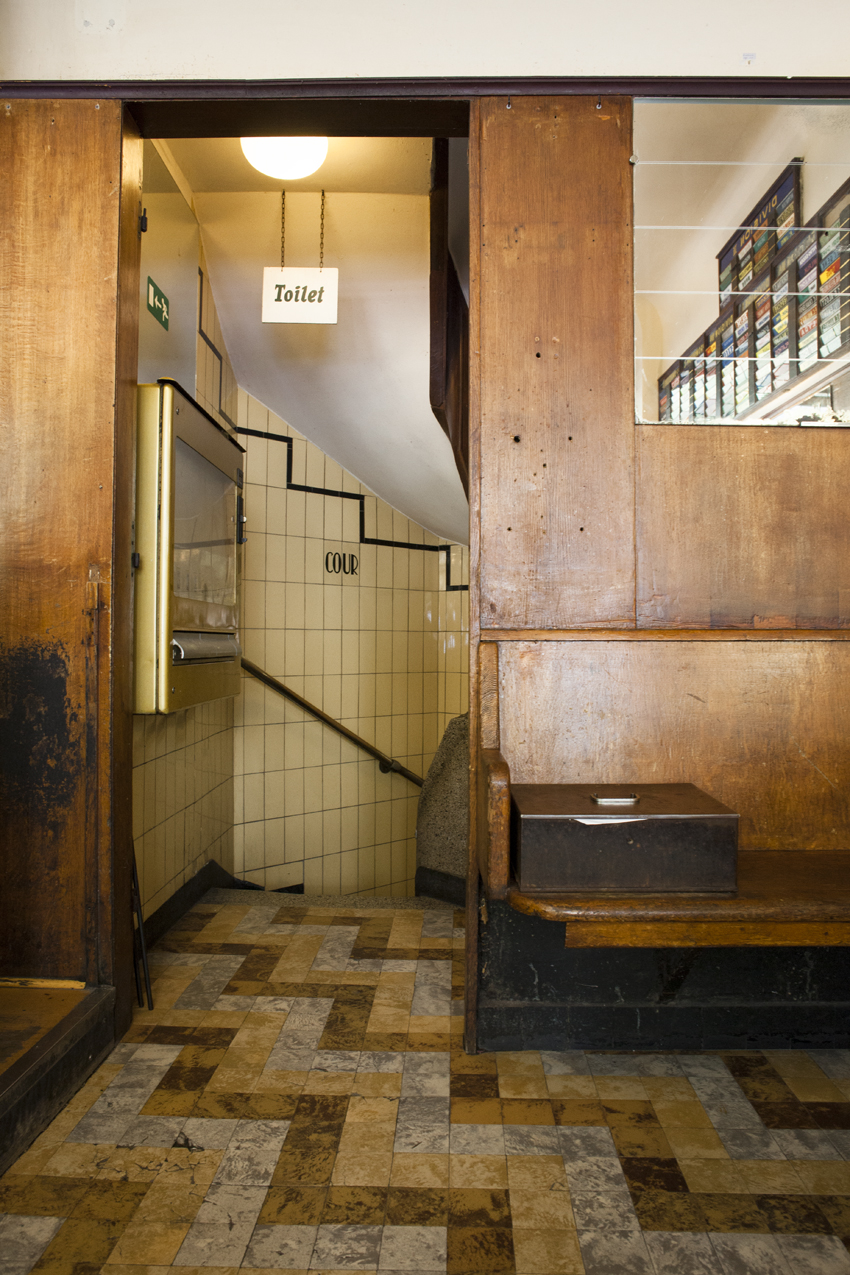
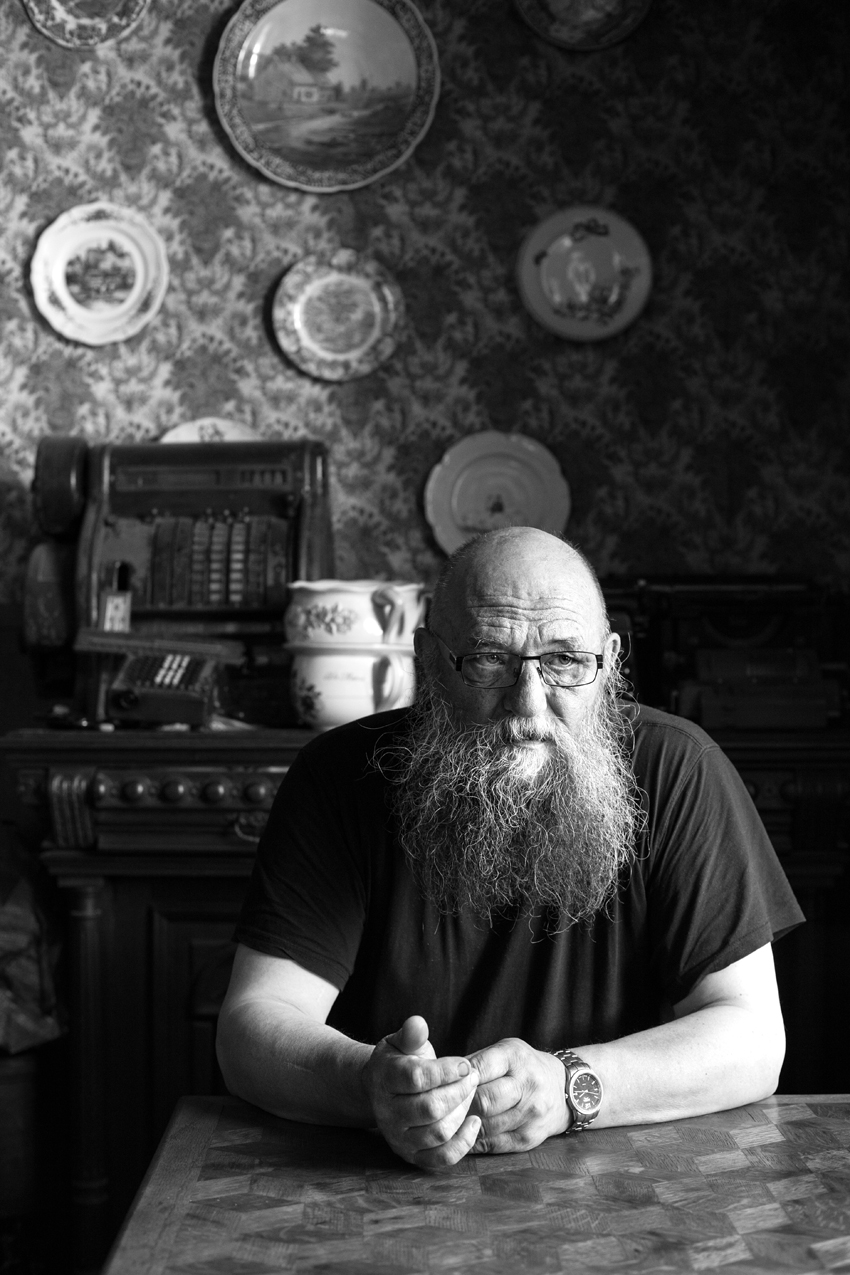
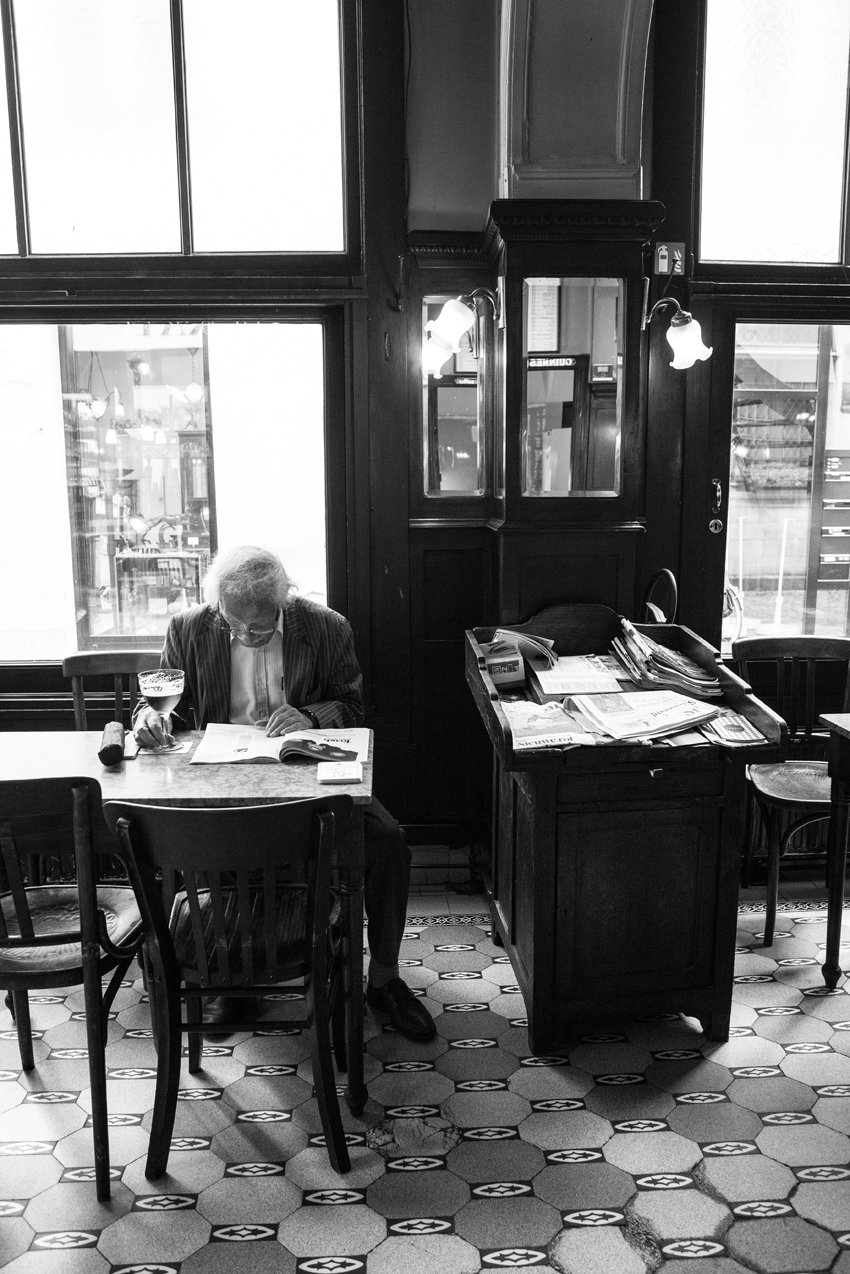
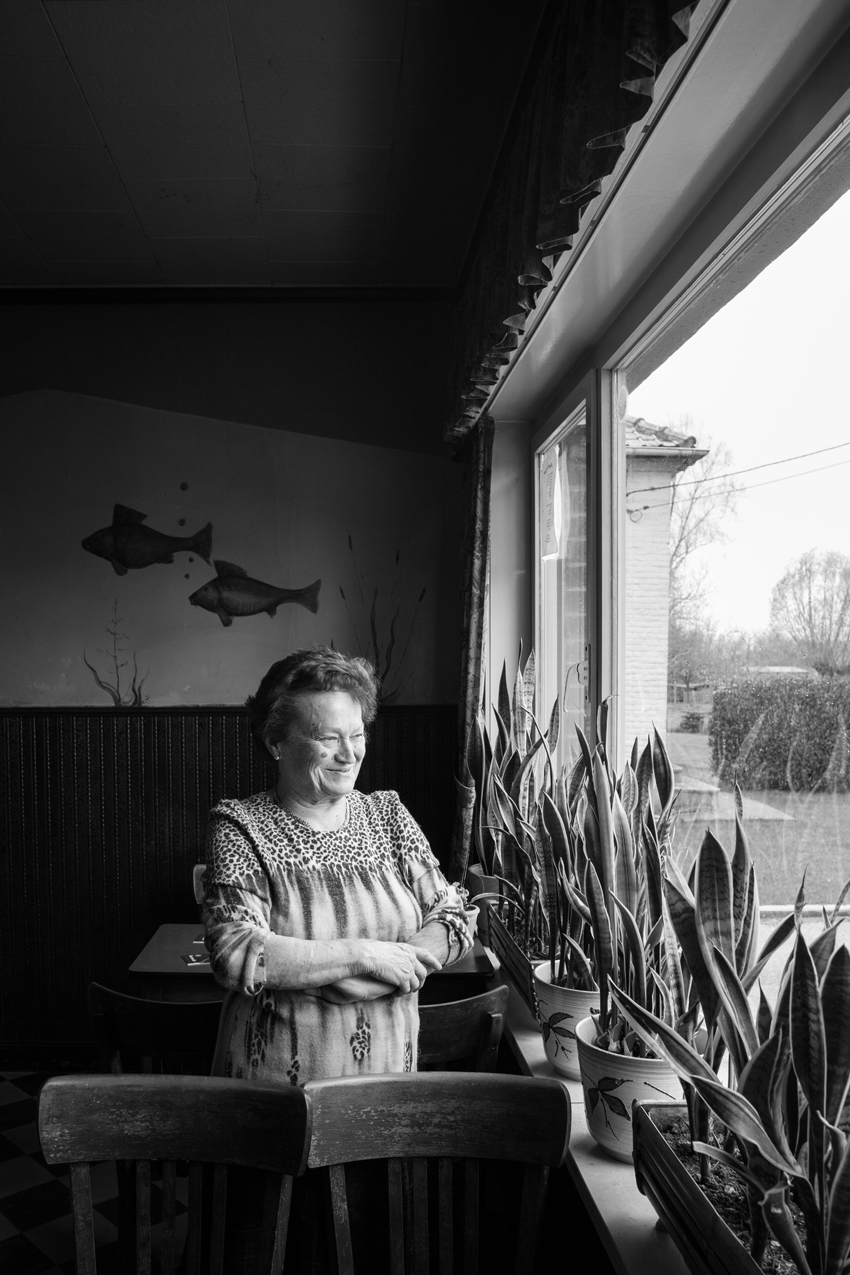
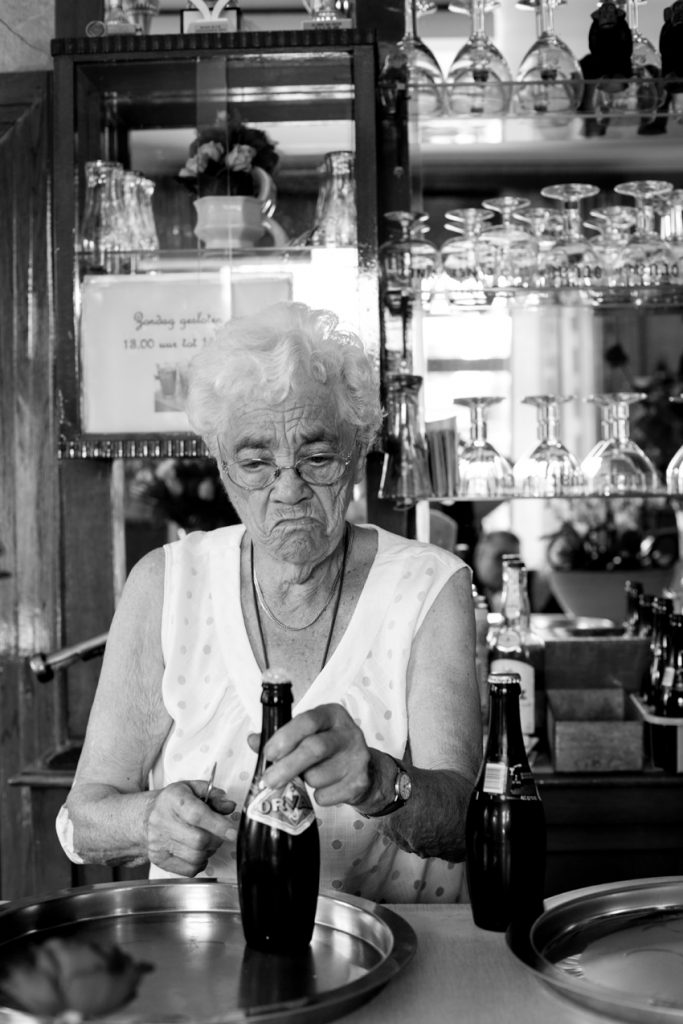
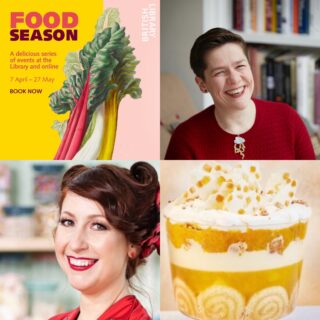

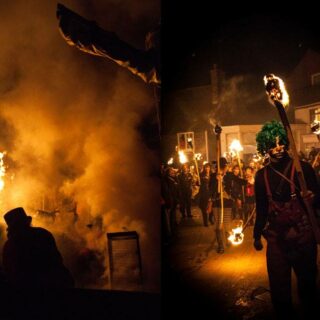
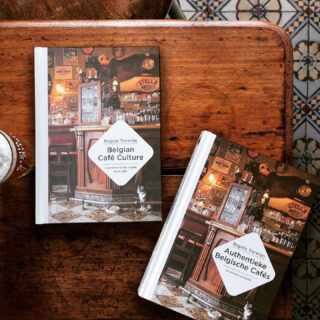
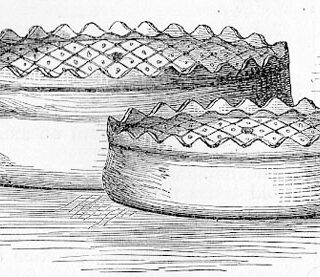
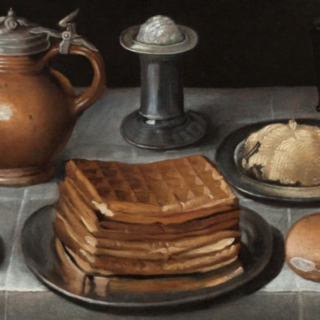
It warms my heart to see the first picture from Brasserie Verschueren! I go there every week-end (fortunate, I know), but I never cease to wonder how special this place is. Great, great, great work, Regula! All the best 🙂
Thank you very much Mona!
How fortunate that Belgium history has been captured in your book. Its unfortunate that after all those years the importance of the cafes no longer serve the present day public. Truth be known the gathering places are probably needed more than ever!
You are right, today these places are needed more than ever!
Goede dag Regula!
This comment is in response to your instagram post offering a free book to a person who can answer the questions you posed.
I am a Swedish-American who had the good fortune to live in Belgium for 6 months as part of a leadership development program. What I appreciated most, after having lived in a 240 year old country (the US) nearly all of my life, was the rich history of the buildings and places surrounding me in Leuven and the many other cities I visited (especially Ghent).
Simply being surrounded by these historical monuments gave me a sense of wonder and new curiosity about the world in general. I think that’s why it’s so important to preserve the past, like you’ve done through your book with its beautiful photographs of Belgium’s Cafe Culture. It gives every generation that follows something to be curious about, to learn from and to innovate so that the old is made new again.
Thanks for writing this book and I hope you’ll consider sending me a copy (even though I’m located far away in Austin, TX now) 🙂
Hi Rebecca, good to hear that you enjoyed our beautiful culture in Belgium!
What a wonderful book! I think there is such a need to preserve meeting places like these. As you say, they form an important part of the local communities and contribute to heritage and culture.
Thank you!
Hi Regula
I lived in Belgium for the past 4 years, and I’ll leave next year. Looking at this book in the future would remember me Belgium, a country I liked so much. Cafés – and beers!- are such deeply connected with belgian culture… A lovely “memorabilia” for me!
Xx, Giu
Great to hear you have been enjoying our cafés and beers!!
This book is a beautiful idea! It’s so important that such places remain. I often go with my grandma in a small cafè near her place, in Brussels, opened in 1958, love the atmosphere.
Continue your beautiful work!
How lovely you take your grandma to a café, that is very special!
Dear Regula,
People like you are the people I want to be friends with! Your sensibility in capturing the (hopefully not) fading café culture is the kind of feeling that pervades my days. As the daughter of an anthropologist, I value tradition as one of the things that make us human .I am the kind of person who will cry copiously when a house or shop that is full of history is made into a museum or substituted by a very grey modern building. Of course museums are absolutely great and indispensable for a nation but I dare say that I want people to live in those places. I want people to live and work in beautiful places full of heritage and the history of their ancestors on the walls around them, not in dull apartments without any romance.
I am very concerned with the future of humanity in a globalized world with standardized meaningless traditions. For me, it is one of the main reasons for the wave of loneliness and sadness we experience in our times, since traditions are all about being involved with something -which will hardly do with a generation of people accustomed to the swiftness of snapchat.
Thankfully, there are still many people who will give a lifetime to the effort of maintaining traditions and that number grows each day. It is a very effective way of resisting the capitalist forces that want to transform feelings and people into numbers.
And, though it may not seem real, Europe is way more advanced in terms of preserving heritage than we are here in Brazil, where the fascination for North American stereotypes strucks most of our generation. This and the decline of Catholicism, and subsequent rise of neo-evangelism (a kind of 21st century Protestantism that differs a lot from good old European Protestantism) a religion that disapproves of most, if not all, of the century-old traditions based on syncretism between Native, Catholic and African creeds, including the famous carnival, are a real threat to the richness of culture in this country.
I sincerely hope that I will make a difference in restoring these traditions to their age of glory and I hope that you will keep making people to see and value the magic that is hidden in those little cafés in Belgium, kept on the run by certainly very amazing people with lots of meaningful stories to tell, and maybe influence more people to be a part of it.
Gabriela
Gabriela, your comment means a lot, it is good to see people completely understanding where you are coming from. I hope this book will make a difference, somehow, somewhere. But as the café landlords have been telling me, I have been making a diference for them, recognising their efforts, and often also their difficulties.
I love Belgium and Belgian culture because of its double Soul: Vallonie and Flanders. Two languages, two way of life, two heritages that melt together keeping their peculiarities and differences. As a richness not as a division. Although I have been there for a short time, I could visit some small coffees and brasseries, just like those described in your book. The most amazing thing was feeling like at home: the Pub owners and people I met there were so nice and so polite to me, that I could speak with them, tell them about myself and listen to their stories and their personal experience over the last 50 years. It was just diving in the past, and coming up in the present with a glance to the future. Preserving these precious places is preserving Tradition and identity. Best wishes from Milan, Italy!
It is interesting what you are saying about our two regions, we often see it differently, as being divided politically. But luckily in places like these cafés politics is often a subject that isn’t allowed. So people can be defined by their words and actions rather than their voting behavior. And that is special. Lovely to hear you had a lovely time at a café!!
YAy! Congratulations on the new book Regula! It looks pretty amazing and can’t wait to get my hands on it!
Thank you Simone!!
Wat leuk … Wij zijn zo gepassioneerd door dit alles !
Een aantal jaar geleden mijn man verrast met een zelf gemaakte wandeling ivm authentieke cafés waar geen mens het bestaan van wist .
Met het winnen van jouw boek verras ik mijn man opnieuw op 22 december (10 jaar huwelijk).
Wat leuk zeg, ja genoeg adresjes in dit boek om te ontdekken!
I live in switzerland but was born and raised in Antwerp. Every time I visit my hometown I get melancholic and realize how empty of beer/café culture switzerland is. My first action is always to drink a “bolleke” in “de Kat”, and afterward in “den Engel” two beautifully preserved cafés in the old centre of Antwerp – I’m sure they are in your new book and I look forward to buying (or winning) it.
I’m surprised to hear that Switserland doesn’t have a lot of beer/café culture! But I’m very happy to hear that you visit one of my favourite cafés De Kat,… well they are all my favourits really, they’ve all become my little cafés with this book!
I’ve already written to Santa Claus for a copy of your book. You know 🙂
Anyway I want to share a small story about a sort of Italian cafes.
My first memory of cafe is associated with my grandfather, Nonno Bepi. He was born as Fausto. When he entered in the army discovered his real name: Mario. Then when he got his first nice (me) got a new name: Bepi from Giuseppe. He was a carpenter and I associated him with Giuseppe, the father of Jesus, carpenter as well.
Every Sunday afternoon he went to the Osteria, a sort of cafe which was very important is small villages as ours. In the ’70s-80s osterias were mainly domain of men. They gathered to drink wine, a tajut (in Furlan) after another, or to play briscola, a card game. I still see him playing (and I hope winning) at biscola closed to the fogolar (the typical fireplace in Friuli). I was so pround of him. He taught me to play briscola and all the names of European capital cities.
Cafes and osterias were the living symbol of community. You went there at the end of the day or on Sunday. Alas, they were mainly for men. But never say never!
Oh Rosella what a lovely story to read! Thank you so much for sharing. Funny to read it was male territory those cafés in Italy. Here it was also but it depended on the café, those started by women were open to all. The ones in the harbour or near factories were more for men only.
bonjour je vous écrit de France prés de Lille( je ne parle pas le néerlandais)
je suis a la recherche de modèle de zageman je suis tomber sur votre site auriez-vous d’autre photos
de cette objet chez nous on l’appel scieur d’estaminet voir mon site lesoyeu.free.fr
merci pour la reponse
avez-vous ce livre traduit en francais
You’ve opened a window on a world I didn’t know about. These cafes look the perfect place to visit, somewhere for a beer or a coffee. So sad that so many are going to the wall. It reminds me of when many pubs were modernised in the late 80s in the UK. Names that had lasted for centuries and had meaning were changed to thing like the ‘rat and carrot’. Beautiful book Regula – congratulations on another seminal work of beauty.
Thank you Sally, funnily enough quite a few of our traditional cafés were destroyed by owners remodeling them to look like English or Irish pubs in the 80’s. I know today pubs are closing more and more. It’s everywhere, prices are driven up by breweries, living cost, petrol and gas. People don’t have the money anymore to visit the café every day or once a week. I hope this book will make a difference somehow because I put the finger on the wound. It is a plea. And by the kind words I am getting from the café landlords, I can say that this is making a diference because someone is finally putting the spotlight on them, those who have been preserving these places, often for generations.
Early in 1970 my then Canadian born husband was sent to Belgium by his American brewery, Schmitz in Milwaukee Wisconsin, to be Director of their newest acquisition, Caulier Brewery. It was located in Mons.in a beautiful new building to provide employment to replace the declining coal mining industry we had been told.Our family of four children now in their fifties and sixties,lived in Waterloo, site of such historical significance.
I recall seeing so many of the amazing little pubs as you describe so well, and the photos. I remember vividly seeing entire families in these charming small businesses., especially on rainy week-ends enjoying a beer with their friends.
Sadly the Caulier brewery was sold to Stella Artois which still today remains renowned world-wide. Thank you for the memory. At age 87, I cherish my memories of our life in Belgium and its superb cuisine! Thank you for the memory!!!